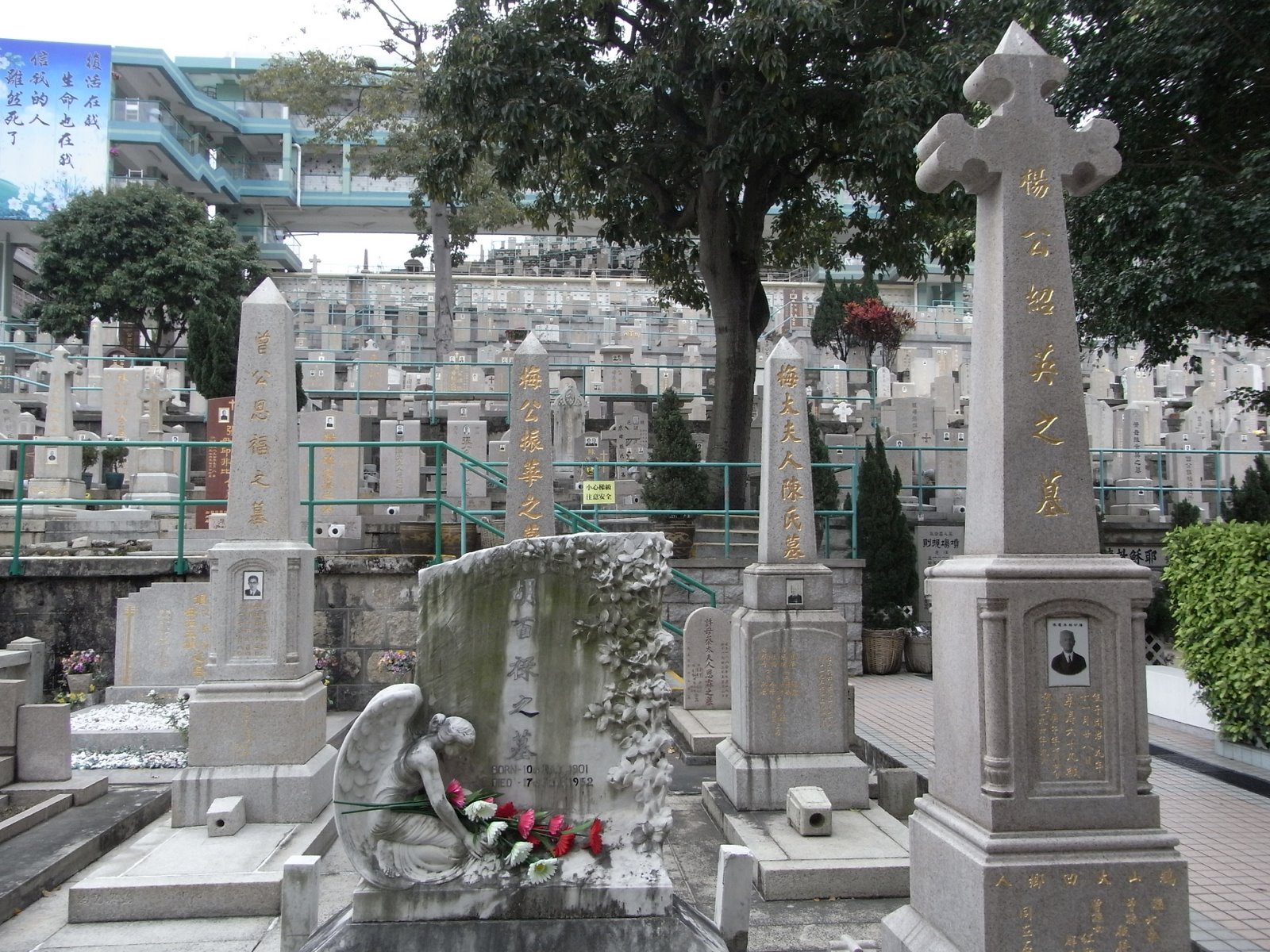When the Chinese Communist Party (CCP) took power in China in 1949, about a million Christians lived in the country. In contrast to the Communist Party of the Soviet Union, which allowed some churches to remain open, the CCP under Mao Zedong pursued an aggressively atheist policy as part of its Marxist agenda. Mao attempted to snuff out religion at its roots, destroying churches, mosques, and synagogues alike: No religious establishment was safe. Yet in 1979, three years after Mao’s death, the CCP released an internal report revealing that despite more than three decades of persecution, China’s Christian population had tripled to more than three million.
Today, though estimates are disputed, the number of Christians in China is high. Chinese Christians have been forced to worship out of view of the state, turning to underground churches, houses, hotels, and even factory floors as informal and inconspicuous religious gathering spaces. Publicly, the CCP insists that no more than 25 million Chinese Protestants exist; privately, internal memos have tallied the figure as high as 130 million. The Pew Research Center pegs the total number of Catholics and Protestants at 67 million. Regardless of the exact number, these estimates suggest that the religious cohort is surging. Purdue University sociologist Fenggang Yang predicts that China will become the largest Christian population in the world by 2030.
Responding to that growth, the CCP has entered into negotiations with the Vatican to normalize relations with the Catholic Church. As part of their agreement, China will install state-sponsored bishops with the approval of the Vatican, replacing bishops who ran the underground church to legitimize Christianity in the country. These negotiations, coming 67 years after the Holy See and China broke off relations, indicates that Xi Jinping’s government is at least willing to publicly embrace Christianity.
The deal, however, would be a win for neither party. A budding relationship with the Vatican may publicly suggest otherwise, but the CCP is still aggressively attempting to curtail Christian activity. In the past two years, Xi’s administration has embarked on a mission to remove crosses from churches across the country, closing thousands of churches h so officials could destroy that emblem of Christian faith. The remaining state-sanctioned churches now have video cameras inside, recording preachers to ensure they stick to a socialist and distinctly Chinese interpretation of scripture. Such measures have pushed Christians further underground.
By simultaneously pursuing policies of reconciliation and retribution, Xi undermines both of those goals. Negotiations with the Vatican will not prove effective unless China loosens its restrictions on Catholics, but if the persecution continues, any deal will be seen as illegitimate. Cardinal Joseph Zen, the former archbishop of Hong Kong, has further criticized the deal for “selling out” Chinese Catholics. Underground priests have argued that the deal will actually reduce religious freedom, and their parishioners have shared similar worries. Some believe the state will try to co-opt Catholicism into the state as it did Buddhism, presenting a weak facsimile of the real religion.
Religious believers have reason to be concerned. In the past year, as China pursued normalization, it also started to target underground congregations even more intensely. Worshippers who spread religious information or hold services in their homes have been hit with hard fines. Even as the deal with the Vatican has moved forward, a number of priests have been placed under surveillance and arrest. Bishop Guo, one of the underground religious leaders, spent 20 days in detention in the past year.
In its eagerness to normalize relations and tout a global spread of Catholicism, the Vatican has ignored critics and has continued closed-door negotiations. But as the discontent among common parishioners demonstrates, the grassroots remain wary. Ultimately, an agreement that does not satisfy the underground church will not eliminate it: No decree imposed from above—unless it comes from the heavens—can stop believers from practicing according to their conscience.
Christianity has a long history of rebounding stronger than ever in the face of oppression. In the early days of the Church, the Roman Emperor Decius decided to eradicate Christianity, forcing Christians to perform animal sacrifices or die. Many chose death, and their martyrdom helped to spread the religion. Less than 60 years later, Christianity had grown into the dominant religion of the Roman Empire.
In 2014, a church demolition in Wenzhou became a rallying point for Christians in the region. A human chain physically blocked the destruction crew, unifying some Christian worshippers in broad daylight against those who deny their religious freedom. Such acts of resistance show that Xi’s efforts to quash Christianity won’t happen without a fight. Unless China can strike a deal with the Vatican that ends persecution instead of merely recognizing the religion, the crosses will continue to fall, but the believers will continue to rise.
